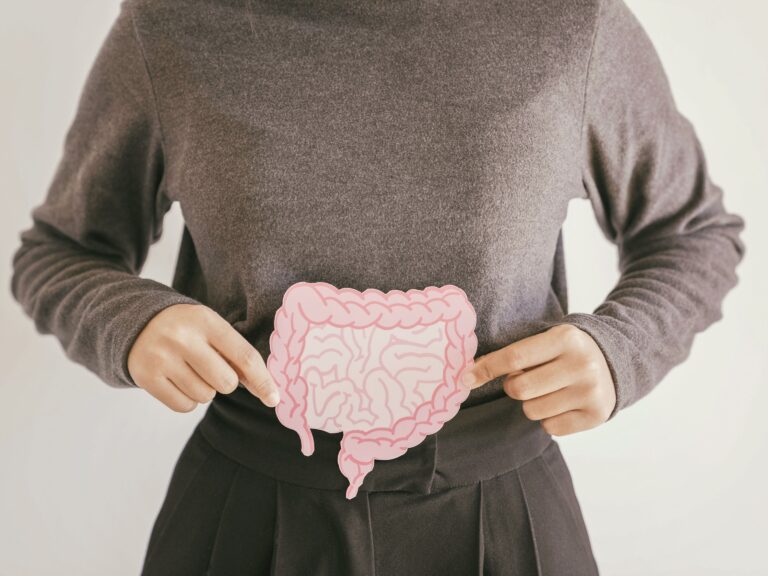December 16, 2024
This article is a bit different from what I usually write about.
You’d be hard pressed to name an illness that isn’t a byproduct by poor gut health.
If your eyes look like buttholes, you should get a gut biome test ASAP.
10/10 get a GI-MAP, GI Microbial test ASAP!
Here’s everything you need to know about your gut and how it can impact your health.
Key Functions of Your Gut Microbiome
The gut microbiome—the trillions of microbes in the digestive system—affects multiple key functions.
Immune System
70% of the immune system resides in the gut.
Mental Health (Gut-Brain Axis)
The gut communicates directly with the brain through the vagus nerve and produces neurotransmitters like serotonin (up to 90% of serotonin is made in the gut).
An imbalanced gut contributes to depression, anxiety, and cognitive issues.
Hormonal Balance
Gut bacteria can influence hormone production and regulation, including estrogen, insulin, and cortisol.
A bad gut can contribute to hormone-driven conditions like PCOS or thyroid issues.
Metabolism
The gut affects how we metabolize food, store fat, and regulate appetite.
Imbalances in gut bacteria lead to obesity, insulin resistance, and type 2 diabetes.
Inflammation is Chronic Disease
The gut is a major driver of systemic inflammation.
A healthy gut reduces inflammation, lowers risk of chronic diseases like heart disease, arthritis, and even cancer.
Nutrient Absorption
The gut breaks down food and absorbs essential nutrients like vitamins and minerals.
Poor gut health leads to serious deficiencies that affect energy and organ function.
Detox
Gut microbes help process toxins, supporting liver detox pathways.
Conclusion
Your gut health is directly linked to your overall health, as most chronic conditions are simply symptoms of underlying gut issues.
A GI-MAP test is your best first step to understanding what’s really going on in your body.
If you’re dealing with any chronic symptoms, especially visible ones, get your gut checked.
Follow me on X for more content like this!

